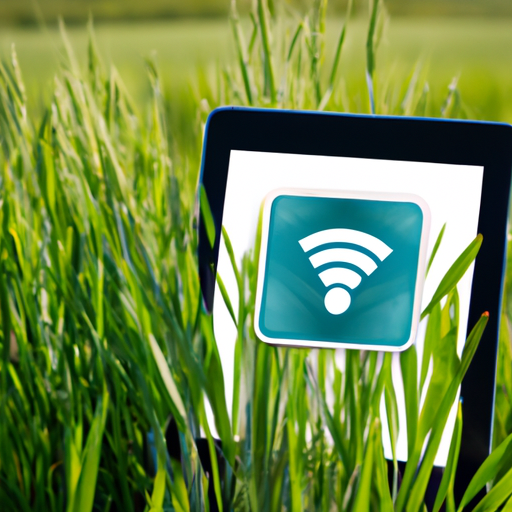In recent years, the agricultural sector has undergone a significant transformation, thanks to advancements in Agricultural Technology (AgTech). As the global population continues to grow, the demand for food increases, making the need for efficient and sustainable farming practices more critical than ever. This blog explores how AgTech is reshaping the farming landscape and contributing to a sustainable future.
What is Agricultural Technology?
Agricultural Technology, commonly referred to as AgTech, encompasses a wide range of innovations designed to improve the efficiency, productivity, and sustainability of agriculture. From smart farming solutions and precision agriculture techniques to advanced machinery and farm management software, AgTech provides farmers with the tools they need to optimize their operations.
Key Innovations in AgTech
Here are some of the most exciting innovations in the AgTech sector:
- Drones and Aerial Imagery: Drones are used to monitor crop health, assess field conditions, and even deliver inputs like fertilizers and pesticides accurately.
- Internet of Things (IoT): IoT devices facilitate real-time data collection on soil health, weather patterns, and crop growth, enabling farmers to make informed decisions quickly.
- Farm Management Software: These platforms help farmers manage their operations more efficiently, providing insights into crop performance, financial management, and resource allocation.
- Biotechnology: Genetic modification and cloning advances lead to crops that are resistant to pests and diseases, ultimately reducing the need for chemical inputs.
Benefits of AgTech
The integration of AgTech in farming practices comes with numerous benefits:
- Increased Productivity: Farmers can achieve higher yields through data-driven insights and precision techniques, ensuring food security.
- Sustainable Practices: AgTech promotes environmentally friendly practices, reducing chemical runoff and conserving water resources.
- Cost Efficiency: By optimizing resource usage, farmers can reduce costs related to labor, inputs, and equipment.
The Future of Agricultural Technology
As technology continues to evolve, the future of AgTech looks promising. With artificial intelligence, machine learning, and blockchain technology making their way into agriculture, farmers are set to experience even greater efficiency and sustainability in their practices.
Investing in Agricultural Technology is not just a trend; it is a necessity for farmers who want to thrive in a competitive market while ensuring the health of our planet. By embracing these innovative solutions, we can pave the way for a more sustainable agricultural future.
Conclusion
In conclusion, the rise of Agricultural Technology is transforming the farming landscape by making it more efficient, productive, and sustainable. As we continue to innovate and adopt these technologies, the future of farming looks bright, paving the way for a more sustainable world. Embrace AgTech and be part of the agricultural revolution!






